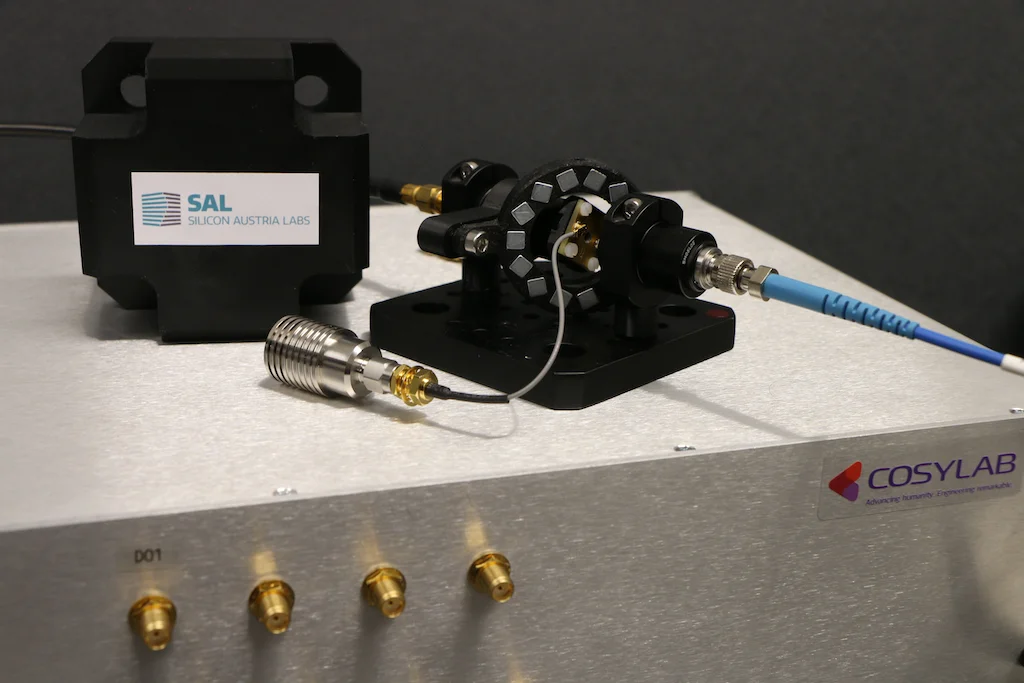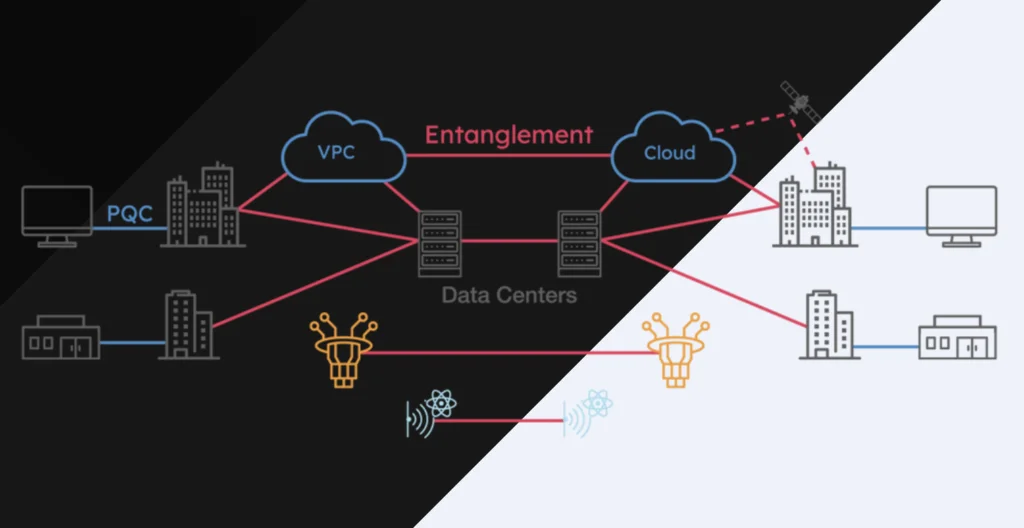Insider Brief
- A new QED-C report finds that combining quantum computing and artificial intelligence could unlock novel applications and significantly accelerate progress in both fields.
- The study identifies four key areas where QC and AI can assist each other, including accelerating circuit design and error correction, enabling new hybrid algorithms, and identifying use cases.
- It recommends increased federal support, expanded academic research, and cross-industry collaboration to advance QC + AI development, particularly in areas like materials science, logistics, and climate modeling.
PRESS RELEASE — The Quantum Economic Development Consortium (QED-C) released a new report exploring the synergies and potential use cases of integrating artificial intelligence (AI) with quantum computing (QC). The report found that there is immense potential for the combined use of QC and AI and that the technologies can complement and assist each other in significant and multidirectional ways.
The report studied the intersection of quantum and AI in four distinct categories:
- Novel solutions or applications that could emerge from the synergy of QC and AI that are currently not feasible with classical computing approaches
- Approaches for which AI could be used to identify use cases for QC
- Opportunities to use AI technologies to accelerate the development of specific QC technologies or the quantum ecosystem at large
The technical advances needed for QC + AI integration in possible areas of their joint application.

For example, AI could help QC by accelerating the development of circuit design, applications, and error correction, while QC could help AI models analyze complex patterns and perform computations that are impossible for classical computers. In addition, a hybrid approach could leverage the strengths of both technologies to reduce algorithm complexity.
“Simultaneous advances in quantum computing and AI offer advantages for both fields, individually and collectively. QED-C looked at the potential in the context of practical applications and use cases. At this early stage, industry academia and governments must collaborate to make the most of this opportunity,” said QED-C Executive Director Celia Merzbacher.
The report found that novel QC + AI approaches would be especially beneficial in chemistry, materials science, logistics, energy, and environmental modeling.
For instance, QC + AI could be used to better predict high-impact weather events, giving residents, first responders, and governments more time to prepare for disaster response.
AI-enabled QC algorithms could also improve the precise modeling of chemical reactions, potentially leading to advances in pharmaceuticals. They could also help with logistics and energy storage through smart grid optimization and the optimization of shipping and airline routes.
In addition, the report signaled that QC could learn lessons from the adoption of AI, particularly with benchmarking and in anticipating privacy concerns.
The report made three recommendations to increase the viability and adoption of QC +AI technologies:
Include support for QC + AI in federal quantum and AI initiatives
Increase QC + AI research and education in academia
Connect industries from both sectors to accelerate QC + AI technology development, demonstration, and adoption
To read more, the full report is available here.















